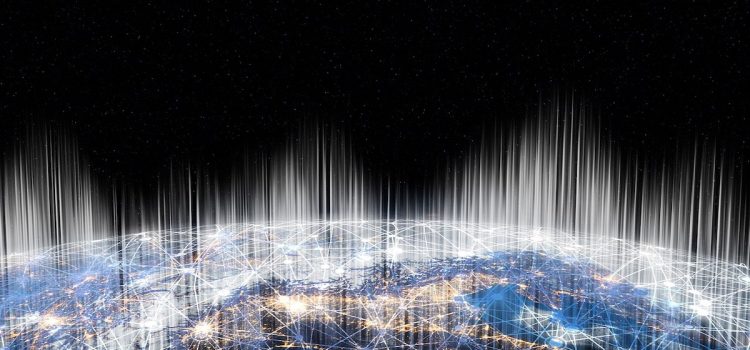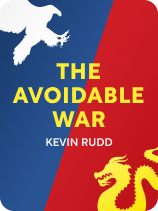

This article is an excerpt from the Shortform book guide to "The Avoidable War" by Kevin Rudd. Shortform has the world's best summaries and analyses of books you should be reading.
Like this article? Sign up for a free trial here.
Why is China attempting to rebuild its historic trade relationships? Why is it establishing businesses in various parts of the world?
China isn’t content with the “world power” status it’s enjoyed for decades. They want even more. That’s the view of diplomat Kevin Rudd, who writes that President Xi Jinping aims to challenge the “global rules-based order” and wield more and more influence all over the world.
Read more to learn about China’s global influence and how it’s growing.
China’s Global Influence
One of Xi’s key priorities is increasing China’s global influence through investment in developing countries and by influencing global institutions. Rudd says that, through these actions, China is challenging the geopolitical status quo—what he refers to as the “global rules-based order”—by becoming a key economic and political player. The components of the geopolitical status quo include things like development models for investing in low-income countries and the rules of governing bodies such as the World Trade Organization (WTO) and the UN.
(Shortform note: Although Rudd argues that Xi hopes to challenge the status quo with regard to international governing bodies, China still has significant influence within these groups. Despite its lack of compliance with some WTO policies, for example, it’s one of the WTO’s most active members, and the size of China’s economy gives it significant sway in this group. China is also a permanent member of the UN Security Council, giving it veto power over decisions.)
One key tool for asserting strategic global power is China’s Belt and Road Initiative (BRI), an infrastructure project to revive China’s historic trade relations and increase the country’s economic ties to Europe, the Middle East, and South Asia.
Rudd claims that the BRI contributes to China’s power struggle with the US because the BRI’s success would place China in a more favorable diplomatic and economic position with countries around the world. This means that China would challenge the US as the most influential nation, and China would be less likely to face international backlash for its actions abroad (like military action against Taiwan) or domestically (such as human rights abuses).
Another aspect of the BRI includes investment in infrastructure (like telecommunications) and business projects throughout the developing world. Rudd argues that this investment has two major benefits for China: It increases access to raw materials and markets for Chinese products, and it provides political leverage over the US. For example, Rudd writes that countries receiving significant investment from China are likely to vote in favor of Chinese interests in the UN.
| The BRI and Its Impact on the US The BRI includes 138 countries, and its goal is to revive trade across the areas that were part of the original Silk Road—an ancient trade route connecting Asia to the Middle East and Western Europe (the “belt”). It also includes investment in a sea trade route linking Europe, Africa, and Southeast Asia (the “road”). Outside a potential shift in power or alliance in the UN, one key concern of the US regarding the BRI is that China could increase its economic and political influence by seizing foreign assets, like ports and businesses, if receiving countries default on their loans from China. However, some research suggests that this concern is unwarranted, and most of these types of predatory loans are issued by other wealthy countries besides China. China has mostly refinanced, deferred, or written off defaulted loans. |

———End of Preview———
Like what you just read? Read the rest of the world's best book summary and analysis of Kevin Rudd's "The Avoidable War" at Shortform.
Here's what you'll find in our full The Avoidable War summary:
- The complex factors contributing to hostility between the US and China
- How a military conflict between the US and China can be avoided
- The huge toll a US-China war would take on global stability






